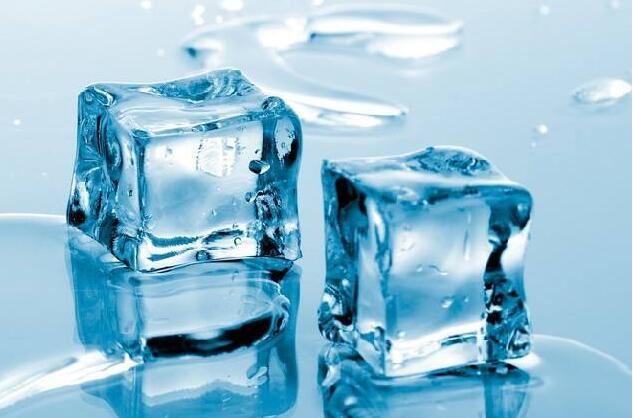Back when most folks relied on an icebox to cool food, a block of ice was a precious commodity.
以前大多數(shù)人們靠冰盒冷卻食物,冰塊是一件稀有商品。
If you put hot food in the icebox, the ice might melt.
如果你把熱的食物放入冰盒,冰塊會(huì)融化。
And by the time the ice truck came through the neighborhood again, all your food may have spoiled.
等運(yùn)送冰塊的卡車再次到來(lái)時(shí),需要冷藏的食物興許都已腐壞、變質(zhì)。

To preserve the ice as long as possible, people made sure to cool hot foods before putting them in the icebox.
為了讓冰塊保存時(shí)間更久,人們會(huì)等食物冷卻后再放入冰盒。
These days, before putting hot food in the fridge, many people cool it on the kitchen counter, just as generations before did in the icebox days.
現(xiàn)在,許多人會(huì)把熱的食物放在廚房桌面上,待其冷卻后再放入冰箱前,跟老輩人的做法一致。
But now there’s no precious block of ice to preserve, and refrigerators are designed to handle food hot off the stove or out of the oven.
如今,我們不再利用稀有的冰塊冷藏食物,冰箱可以儲(chǔ)藏剛從烤爐或烤箱烤熟的食物。
譯文為可可英語(yǔ)翻譯,未經(jīng)授權(quán)請(qǐng)勿轉(zhuǎn)載!












